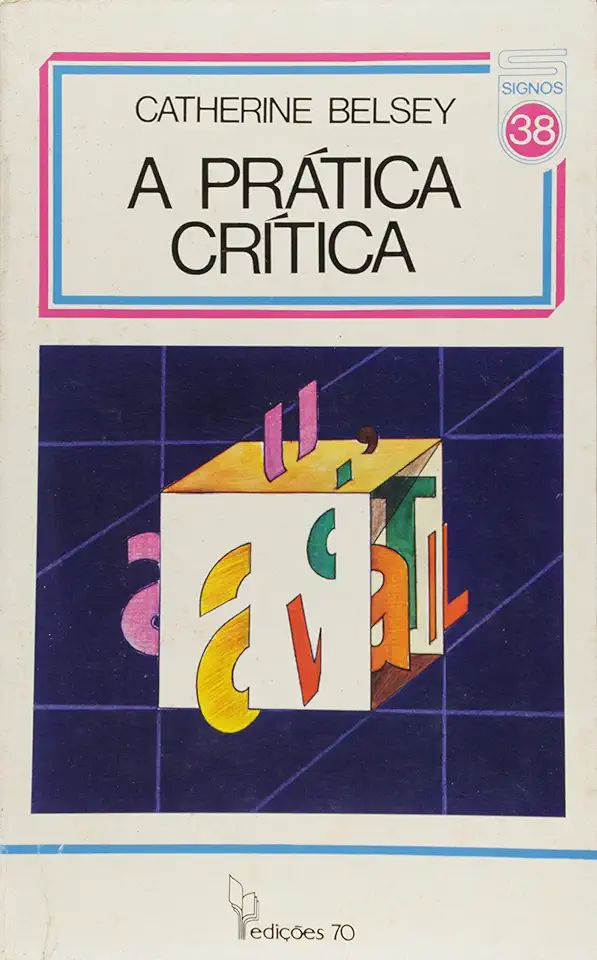
Critical Practice - Catherine Belsey
Critical Practice: Catherine Belsey
A Radical Approach to Literary Criticism
In her groundbreaking work, Critical Practice, Catherine Belsey offers a radical new approach to literary criticism. Drawing on the insights of structuralism, post-structuralism, and Marxism, Belsey argues that literature is not simply a reflection of reality, but rather a complex and dynamic process that shapes our understanding of the world.
Literature as a Social Practice
Belsey begins by arguing that literature is not a self-contained entity, but rather a social practice that is deeply embedded in the culture and ideology of its time. She shows how literary texts are shaped by the social and political forces that surround them, and how they in turn shape those forces.
The Reader's Role in Interpretation
Belsey also challenges the traditional view of the reader as a passive recipient of meaning. She argues that readers are active participants in the process of interpretation, and that their own experiences and beliefs play a crucial role in shaping the meaning of a text.
The Politics of Interpretation
Finally, Belsey argues that literary criticism is a political act. She shows how different critical approaches can be used to support different political agendas, and she calls for a critical practice that is committed to social justice and equality.
A Must-Read for Literary Critics
Critical Practice is a challenging and provocative work that has had a profound impact on the field of literary criticism. It is a must-read for anyone interested in understanding the relationship between literature and society, and for anyone who wants to develop a more critical and engaged approach to reading.
Key Concepts
- Structuralism: The idea that literature is a system of signs that can be analyzed and interpreted like any other language.
- Post-structuralism: The idea that there is no one true meaning of a text, and that all interpretations are equally valid.
- Marxism: The idea that literature is a product of the social and economic conditions in which it is produced.
- Social practice: The idea that literature is not a self-contained entity, but rather a social practice that is deeply embedded in the culture and ideology of its time.
- Reader's role in interpretation: The idea that readers are active participants in the process of interpretation, and that their own experiences and beliefs play a crucial role in shaping the meaning of a text.
- Politics of interpretation: The idea that literary criticism is a political act, and that different critical approaches can be used to support different political agendas.
Why You Should Read This Book
If you are interested in any of the following topics, then you should read Critical Practice:
- Literary theory
- Cultural studies
- Marxism
- Post-structuralism
- The relationship between literature and society
- The politics of interpretation
Critical Practice is a challenging and provocative work that will change the way you think about literature. It is a must-read for anyone who wants to understand the complex and dynamic relationship between literature and the world we live in.